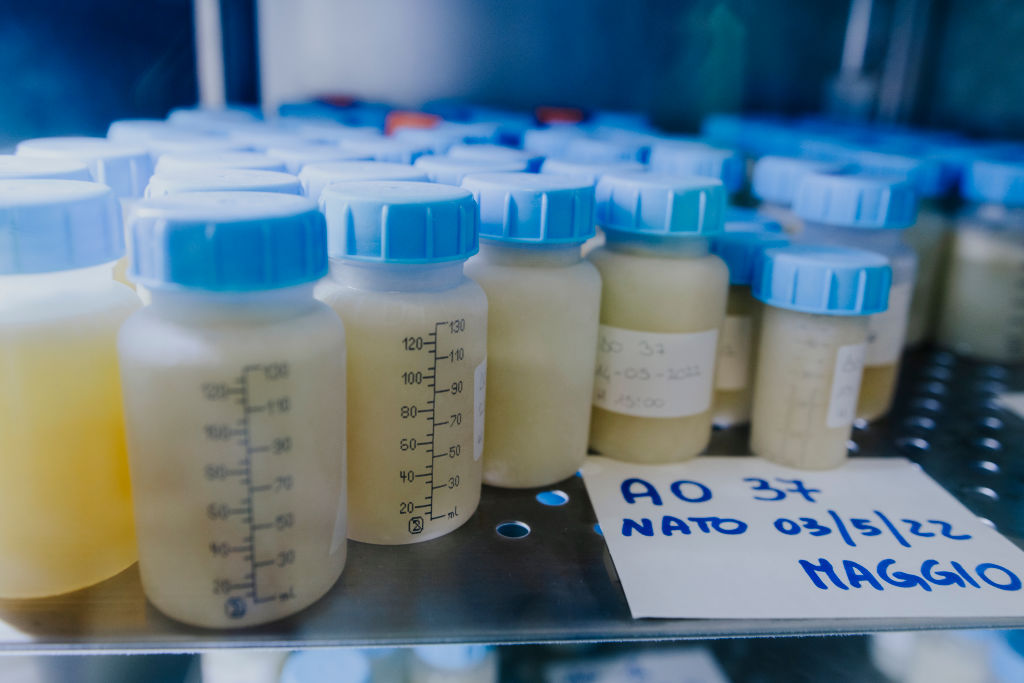Newly approved European Union legislation regulating the trade of embryos has been compared to the legal regularisation of “human trafficking”.
Belgium-based pro-life organisation One of Us criticised the bloc’s new ‘substances of human origin (SoHO)’ regulation, which aims to control the trade of blood, semen, embryos and other human derivatives at the European level.
Given the final go-ahead on May 27, the NGO claimed the new rules trivialised the value of embryos.
“By promoting the exchange of human embryos across borders, the EU is severely eroding the dignity and protection owed to human embryos and, incredibly, promoting human trafficking,” claimed group Vice President Pablo Siegrist.
“This regulation, that facilitates the commercialisation of the tiniest human beings, is a grave step backward in ethical standards.
“The dignity of human embryos must be upheld, not diminished to the status of mere substances for trade,” he said.
A European pro-abortion activists’ petition has already reached nearly 100,000 signatures in little over ten days with organisers hoping to gather one million signatories and pressure the European Commission to back abortion rights across the EU. https://t.co/Vgdbgokm0E
— Brussels Signal (@brusselssignal) May 2, 2024
The organisation went on to criticise the EU-level regulation as forcing a universal view of embryo regulation onto every Member State, regardless of the ethical divergence on the issue between countries.
Under the rules, all countries within the bloc will have to implement common EU-wide procedures on the trade of SoHO, as well as designate a national authority responsible for ensuring the Brussels-backed restrictions are adhered to.
The rules also prohibit the donation of any human material for financial gain.
While those providing SoHO will still be allowed to “receive compensation or reimbursement as appropriate in line with national legislation”, the Council of the EU insisted that must not cross a line into financial incentives.
Member States will also be given the right to make their national-level regulations on SoHO more restrictive to prevent the commercialisation of the trade if they see fit to do so.
The regulations are set to come into force after being published in the EU’s Official Journal.
Italy’s Parliament has voted to let pro-life activists be present in clinics that offer consultations about abortions. https://t.co/r2qaWhz2J6
— Brussels Signal (@brusselssignal) April 22, 2024





